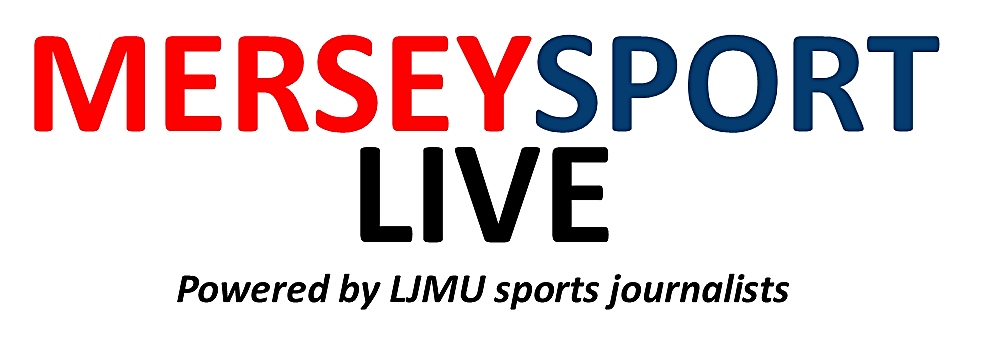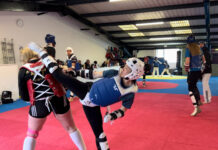A top online safety editor has today called for more support for female sports journalists in the wake of the latest incident which saw a young reporter abused on social media.
Freelance Merseysportlive reporter Chloe Reynolds was trolled online by Joey Barton Twitter followers after an innocent International Women’s Day message.
Dr Rebecca Whittington, Online Safety Editor for mainstream publisher Reach, told Merseysportlive that more needs to be done to support journalists and to tackle abuse.
She said: “If you are a freelance journalist, you are not specifically connected to an organisation, you are a very solitary figure, and we need to be doing more.
“Coalition against online violence is specifically set up for women working in journalism and it has some really good tools and recourses that offer some really good practical advice.”
After responding to a tweet made by Barton on International Women’s Day in which he stated women should leave football alone, Chloe received an influx of online abuse and negative personal comments.
The 23-year-old student, who is studying in Liverpool, described how reading such comments affected her.
She said: “It just made me feel worthless, and made me question things, like why I am even bothering anymore? Why am I even trying to get into this industry
“It’s something I have had to work so hard for, so it just felt so discouraging when so many people commented nothing about sport but just about my appearance.
“I’ve been doing this for a while now, but this affected me so badly that I was ready to throw in the towel.”
Research published last year by Reach and Women in Journalism found that significant mental health impacts, suicidal thoughts and choosing to leave jobs within the industry were common issues that women faced because of online abuse.
Chloe also highlighted the impact on her work and explained her worry for aspiring female journalists.
“I have just covered an event, but I didn’t really want to go and cover it as much after this experience as I thought I would get more abuse,” she added.
“If the same thing happened to a younger person just starting out in journalism, it could cause them to avoid the industry altogether.”
Online abuse is not an uncommon theme in the world of journalism, especially for women.
According to a survey conducted in 2023 by Reach, and the non-profit organisation Women in Journalism, 60% of women in the industry have experienced online harm in the form of personal comments over their career.
And 41% experienced it in the past year, displaying how pressing the issue still is.
From the same survey, one fifth of respondents also considered leaving the industry because of online threats/abuse, and almost half decided to promote their work less online to minimise the risk of abuse.
A number of high profile female sports journalists working in football have also been on the receiving end of online abuse, including ex-player and now football broadcaster, Eni Aluko.
She faced abuse after Barton attacked her punditry on X back in February.
Speaking to the BBC, she said: “Online abuse from someone with millions of followers feels like the world’s caving on you.”
She also expressed how the online response left her feeling afraid to leave her own home.
“I’m going to disguise myself when I go and get milk from the supermarket. Why should I have to do that?” she added.
“But this is the real-life impact of online abuse and nobody’s stopping it.”
(Featured image by Alamy Images under licence)














